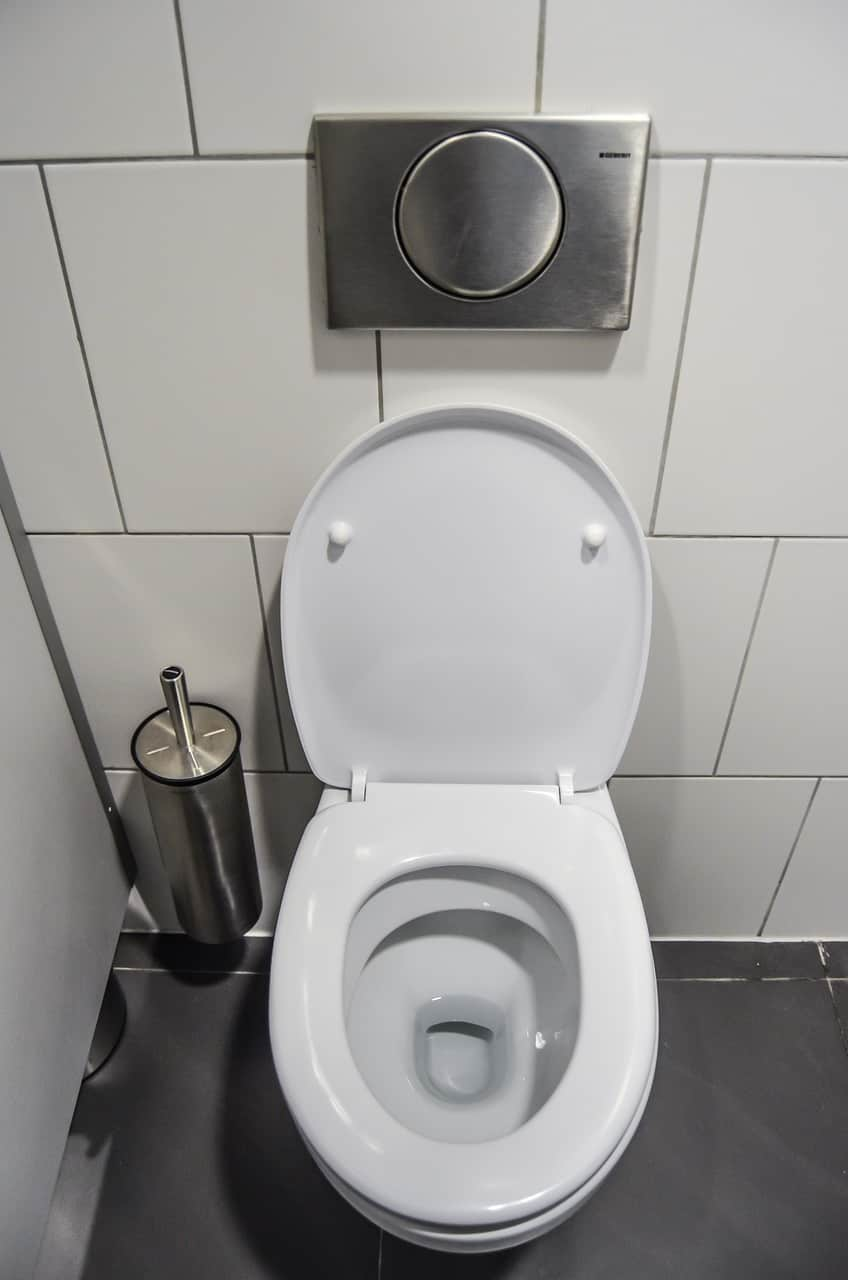Content :
A small amount of mucus in stool is usually nothing to worry about, but too much can be a sign of a more serious condition. In this article, we will explore the possible causes of mucus in stool, symptoms, diagnosis, and available treatments.
◉ Having mucus in the stool
Normal stool usually contains a small amount of mucus, which is completely normal. Mucus is produced by the cells of the colon to keep the lining moist, making it easier to pass feces.
The mucus in the stool is usually a thick, gelatinous, viscous substance. It can vary in quantity and color, ranging from white to yellowish, it can also be red if traces of blood are present.
The presence of excessive mucus can be a sign of a condition, including gastrointestinal infections, intestinal inflammation, food intolerances, polyps or intestinal tumors, which may require medical attention.
Do not hesitate to consult your doctor if you have any concerns.

◉ Causes
Excessive amounts of mucus in the stool could be a sign of various conditions, such as:
- Food Intolerances and Allergies: Food intolerances, such as lactose intolerance, and food allergies can cause inflammation of the intestinal walls, which can lead to increased mucus production in the gastrointestinal tract.
- Gastrointestinal infections: viral, bacterial (e.g. salmonellosis or shigellosis) or parasitic infections of the digestive system can lead to inflammation and increased mucus production.
- Colorectal cancer
- Irritable bowel syndrome: characterized by abdominal discomfort or pain, associated with a change in stool frequency or stool consistency.
- Proctitis, anal abscess or fistula: Problems in the rectum or anus can cause abnormal production of mucus in the stool.
- Inflammatory bowel disease: Crohn's disease (CD) and ulcerative colitis (UC).
- Volvulus: this is an intestinal obstruction due to a torsion of the intestine.
- Cystic fibrosis: it is a genetic disease that mainly affects the respiratory and digestive systems. It causes a buildup of mucus in the liver, lungs and intestines.
- Malabsorption problems: Conditions such as gluten malabsorption (celiac disease) or digestive problems can cause changes in stool composition, including the presence of mucus.
Note: It is important to note that the presence of mucus in the stool alone does not establish a diagnosis. It is crucial to see your doctor for a thorough evaluation and proper diagnosis.
◉ Signs and symptoms
Depending on the cause and severity of the disease in question, the presence of mucus in the stool may be accompanied by other symptoms. A person should contact a doctor if they experience:
- Abdominal pain or cramps.
- Constipation, diarrhea or faecal incontinence.
- Abnormally foul-smelling stools.
- Blood in stool.
- Very dark or black saddles.
- Bloating, distention or hard abdominal swelling.
- Feeling short of breath or having pale skin.
- Having a fever, palpitations, or a very fast heartbeat.
- Unexplained weight loss.
◉ Diagnosis
Consulting a doctor is essential to understand the cause of mucus in the stool, as it can be a sign of various gastrointestinal health problems. They will perform a thorough assessment by asking questions about the symptoms you are experiencing and your medical history.
To establish an accurate diagnosis, the doctor may prescribe different types of complementary examinations, such as:
- Stool tests: Stool tests check for signs of infection, inflammation, parasites, or other abnormalities in the stool.
- Blood tests: Blood tests can provide information about your general health and help detect any inflammation or abnormalities.
- Imaging: Imaging tests such as X-rays, ultrasounds, CT scans or MRIs can be used to visualize the inside of the gastrointestinal tract and identify any structural abnormalities.
- Colonoscopy: A colonoscopy involves inserting a tube with a flexible camera into the rectum and colon to visually examine the interior of these organs. This makes it possible to detect polyps, inflammations or lesions in the colon.
◉ Treatment
Treatment for mucus in the stool will depend on the cause identified by the doctor after a thorough evaluation. Here are some commonly used treatment options:
- Antibiotics: in cases where the mucus in the stool is caused by bacterial infections.
- Anti-inflammatory medications: These medications may be prescribed to reduce inflammation and manage symptoms of inflammatory bowel disease.
- Lifestyle changes: These changes may include adopting a healthy diet, managing stress, exercising regularly, and getting enough rest.
- Antidiarrheals, laxatives or antispasmodics may be prescribed or recommended to relieve certain symptoms.